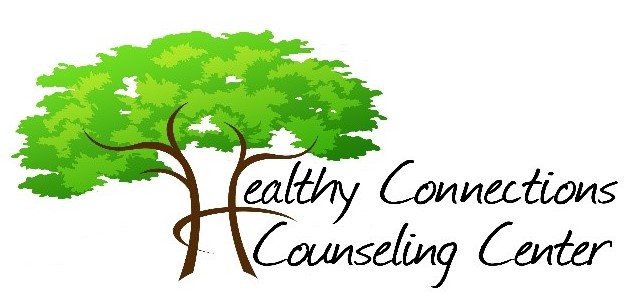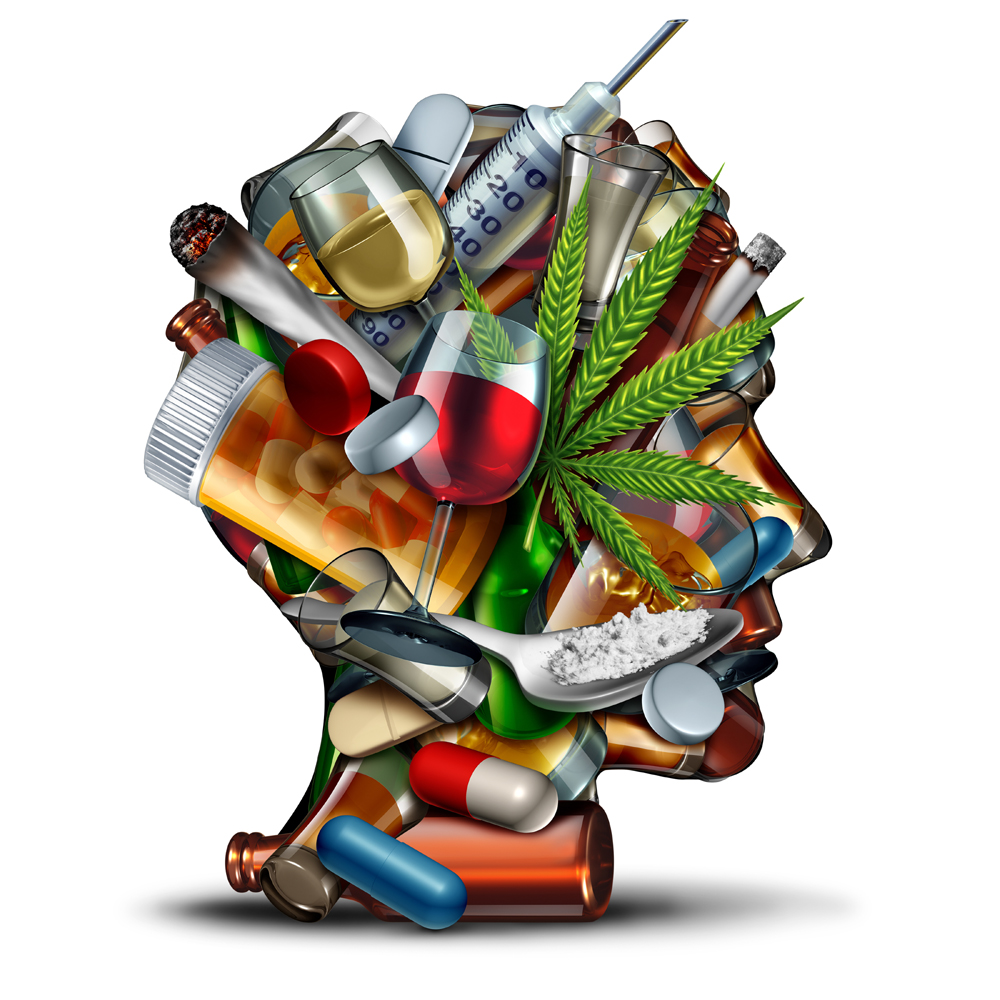Substance use is a complex and diverse issue. Like food, some substances have blurred lines, and it can be challenging to determine if use is within a clinically secure range, or if someone’s use is becoming more detrimental or abusive. Substances like alcohol, tobacco, caffeine and in some places, marijuana are legal and thus more socially acceptable. Prescription medications that often start as necessary can lead to addiction. It can be confusing and overwhelming for both the users and their loved ones to really know where to draw the line.
According to the Diagnostic manual used by mental health clinicians, (DSM-V), there are 11 criteria we can use to determine the level of a client’s substance abuse. A client with two or three of the symptoms below indicate a mild substance use disorder. Four or five symptoms indicate a moderate substance use disorder, and six or more symptoms indicate a severe substance use disorder.
- Taking the substance in larger amounts or for longer than you’re meant to.
- Wanting to cut down or stop using the substance but not managing to.
- Spending a lot of time getting, using, or recovering from use of the substance.
- Cravings and urges to use the substance.
- Not managing to do what you should at work, home, or school because of substance use.
- Continuing to use, even when it causes problems in relationships.
- Giving up important social, occupational, or recreational activities because of substance use.
- Using substances again and again, even when it puts you in danger.
- Continuing to use, even when you know you have a physical or psychological problem that could have been caused or made worse by the substance.
- Needing more of the substance to get the effect you want (tolerance).
- Development of withdrawal symptoms, which can be relieved by taking more of the substance.
In our community, teenagers are experimenting and using drugs and alcohol at an earlier age and more frequently. College students experience heavy use of drugs and alcohol as the norm. What begins as exploration, fun, social, and experimentation can often lead to frequent use and abuse. Unfortunately, our school, colleges, and social environments are flooded with alcohol and drugs, and it is easy for teens, young adults, and adults to access and abuse a range of substances.
At Healthy Connections Counseling Center, our team offers a variety of outpatient options for clients who need support changing their substance use habits. Whether it’s a desire to quit smoking or a more significant problem, our team can help. And as needed, we will help you identify and connect with more intensive outpatient or inpatient programs that may be more appropriate based on the severity and type of the addiction.

